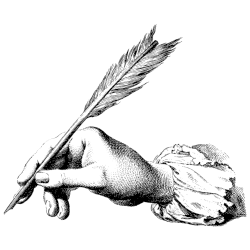In honour of the imminent release of John Irving’s long-awaited new novel, Queen Esther, we’re taking a look back at some of his finest works. From the tragicomic brilliance of The World According to Garp to the spiritual depth of A Prayer for Owen Meany, these ten classics showcase Irving’s extraordinary gift for storytelling, his compassion for flawed humanity, and his unmatched ability to blend humour and heartbreak. Whether you’re discovering his novels for the first time or revisiting old favourites, there’s no better moment to celebrate his remarkable literary legacy.
John Irving’s sixteenth novel is a testament to his enduring ability to weave complex characters and intricate narratives that challenge and captivate. Queen Esther is not just a story of survival but a profound exploration of identity, belonging, and the enduring impact of history on our personal lives showcasing why Irving remains one of the world’s most beloved, provocative, and entertaining authors—a storyteller of our time and for all time.

What’s your favourite John Irving novel?
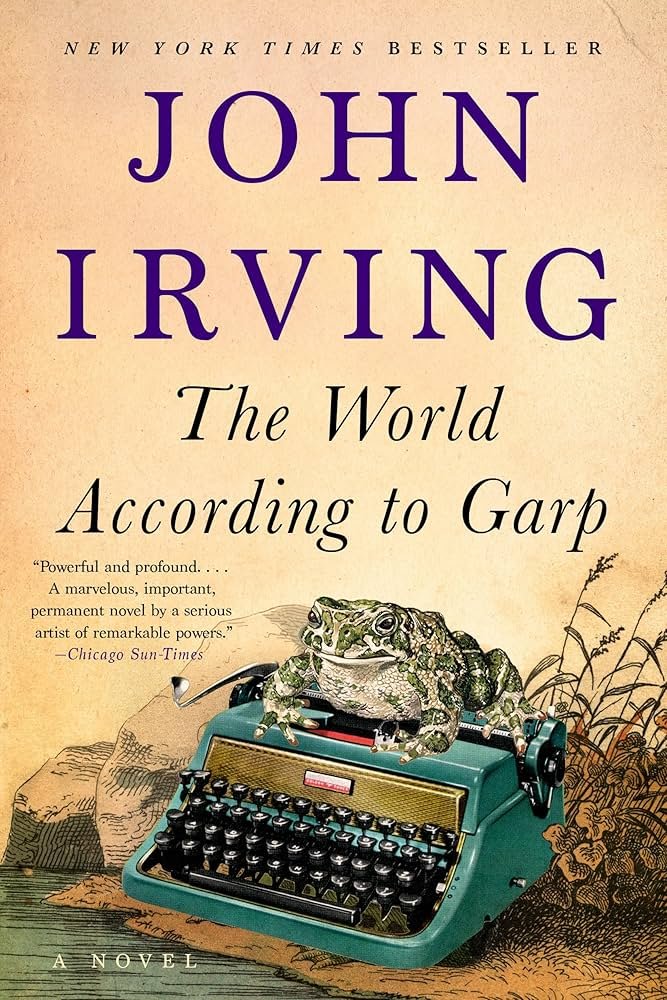
1. The World According to Garp (1978)
Irving’s breakthrough and enduring masterpiece, The World According to Garp tells the story of T.S. Garp, the illegitimate son of feminist icon Jenny Fields. Blending tragedy, comedy, and outrageous imagination, the novel explores the chaos of modern life, the perils of parenthood, and the need for compassion. Its mix of realism and absurdity made Irving a household name. Garp was both a critical and commercial success, adapted into a 1982 film starring Robin Williams and Glenn Close. It remains the definitive Irving novel—bold, heartbreaking, and profoundly human in its celebration of survival through storytelling.
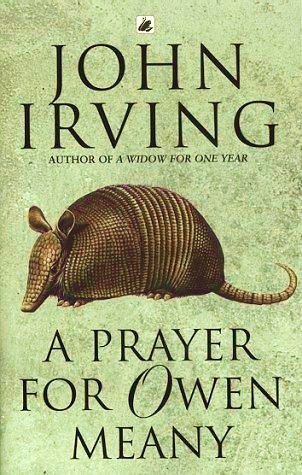
2. A Prayer for Owen Meany (1989)
Arguably Irving’s most beloved book, A Prayer for Owen Meany follows the lifelong friendship between John Wheelwright and Owen Meany, a small boy with a strangely powerful voice who believes he is an instrument of God. Set in small-town New England during the Vietnam era, the novel blends faith, fate, and political conscience into a moving exploration of belief and destiny. Irving’s storytelling brilliance shines through in his creation of Owen—a character both comic and transcendent. The book’s spiritual intensity and unforgettable ending have made it one of the great American novels of the late twentieth century.
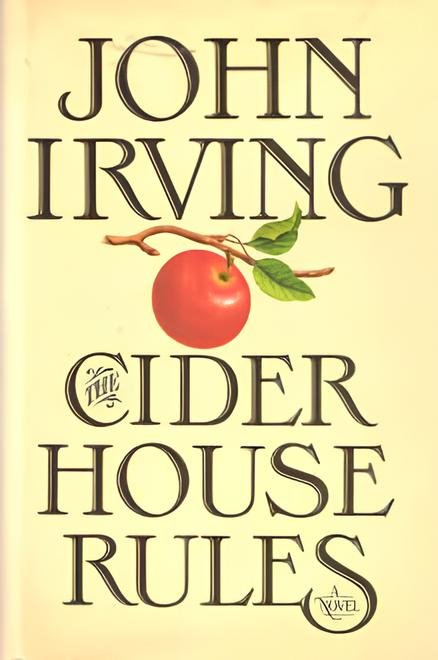
3. The Cider House Rules (1985)
Set in a Maine orphanage in the 1930s and 1940s, The Cider House Rules is one of Irving’s most morally ambitious works. It tells the story of Homer Wells, an orphan raised by the compassionate yet flawed Dr. Wilbur Larch, who performs illegal abortions. The novel tackles themes of choice, compassion, and conscience with grace and humanity. Irving’s vivid characters and rich sense of place evoke Dickensian depth, while the moral dilemmas feel timeless. Adapted into an Oscar-winning film in 1999, this book confirmed Irving’s status as a master of socially engaged, emotionally charged storytelling.
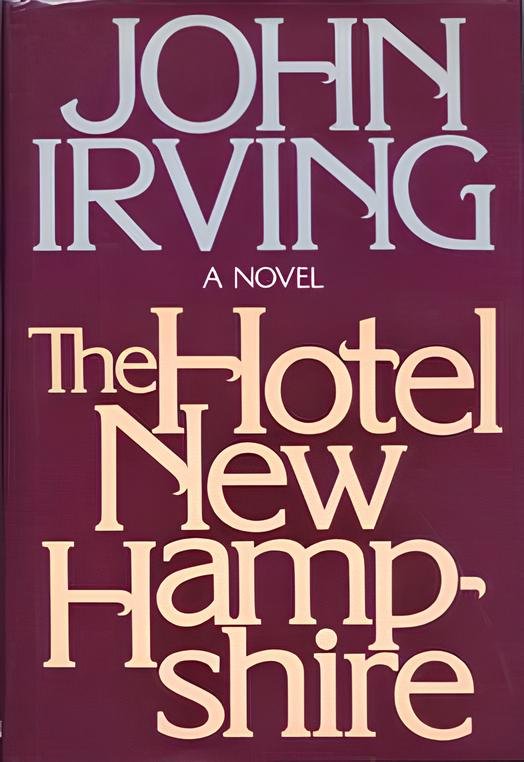
4. The Hotel New Hampshire (1981)
A darkly comic family saga, The Hotel New Hampshire follows the eccentric Berry family as they navigate tragedy, love, and absurdity across multiple continents. From a hotel in New Hampshire to Vienna and beyond, Irving crafts a world full of whimsy and heartbreak. The novel’s refrain—“Keep passing the open windows”—captures its underlying message of endurance in the face of suffering. At once hilarious and devastating, it showcases Irving’s unique balance of tenderness and grotesque humour. Beneath the eccentricity lies a deeply moving meditation on belonging, survival, and the strange, enduring strength of family.
Signed By Author is an eBay affiliate. We may earn a commission from qualifying purchases.
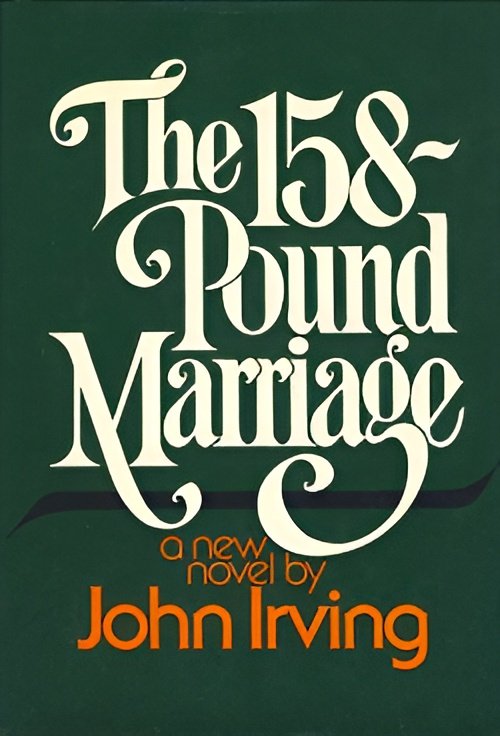
5. The 158-Pound Marriage (1974)
Before fame found him, Irving explored sexual complexity and emotional entanglement in The 158-Pound Marriage. This taut, intimate novel follows two couples who experiment with partner-swapping, with consequences far more profound than they anticipate. Set against the backdrop of academic life and infused with Irving’s signature wrestling metaphors, it examines jealousy, desire, and the moral cost of liberation. Though shorter and less flamboyant than his later works, it’s strikingly mature in theme and tone—a glimpse of the novelist he would become. It remains an underrated gem, offering an unflinching look at human frailty and the pain of love.
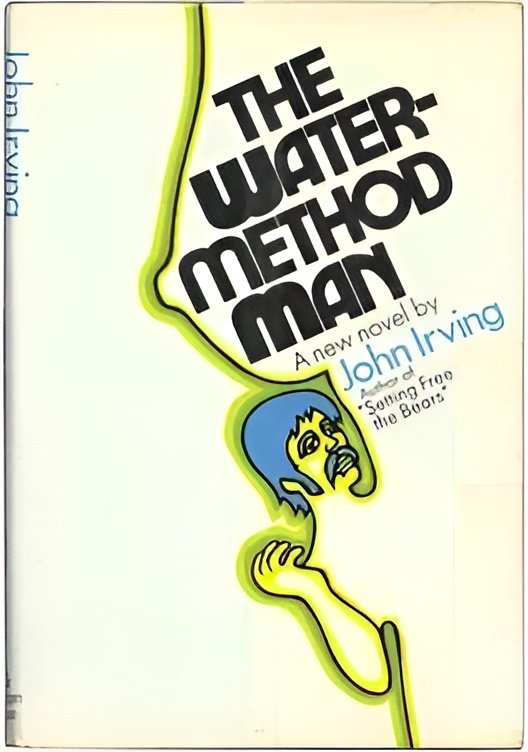
6. The Water-Method Man (1972)
Irving’s second novel introduced readers to his irreverent humour and recurring themes of storytelling and redemption. The protagonist, Fred “Bogus” Trumper, is a well-meaning but hapless graduate student whose life is filled with romantic chaos and existential confusion. Through Trumper’s misadventures, Irving explores failure, fatherhood, and the struggle to find meaning in the absurd. Although less polished than his later masterpieces, The Water-Method Man brims with wit and invention, foreshadowing the comic compassion that would define his career. It’s a vivid portrait of a flawed man learning—slowly, painfully—what it means to take responsibility for his own life.
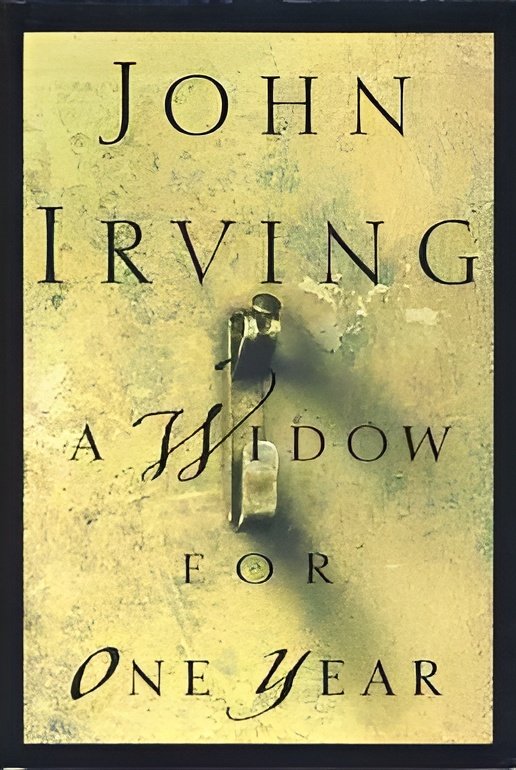
7. A Widow for One Year (1998)
Spanning four decades, A Widow for One Year follows novelist Ruth Cole as she grapples with love, loss, and the long shadow of family tragedy. Beginning in the 1950s and moving into the modern era, the story weaves together multiple perspectives and timelines, creating one of Irving’s most intricately structured works. Themes of grief, infidelity, and the creative process converge in a narrative that is both heartbreaking and deeply humane. The novel’s layered storytelling, emotional depth, and exploration of artistic identity make it a standout in Irving’s later career—mature, reflective, and profoundly compassionate.
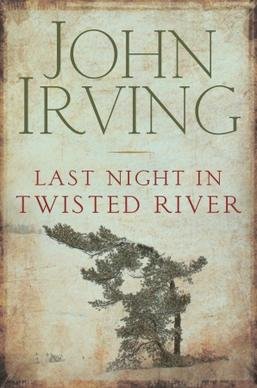
8. Last Night in Twisted River (2009)
A sweeping tale of fathers and sons, Last Night in Twisted River begins with a tragic accident in a logging town and follows its aftermath across half a century. Daniel Baciagalupo and his son flee after a fatal mistake, living under false identities as their lives intertwine with history and art. Rich in metaphor and moral tension, the novel examines guilt, survival, and the stories we tell to endure. Irving’s prose here is expansive and deeply reflective, blending autobiography with fiction. It’s a later masterpiece—complex, melancholic, and full of the author’s enduring fascination with moral consequence.
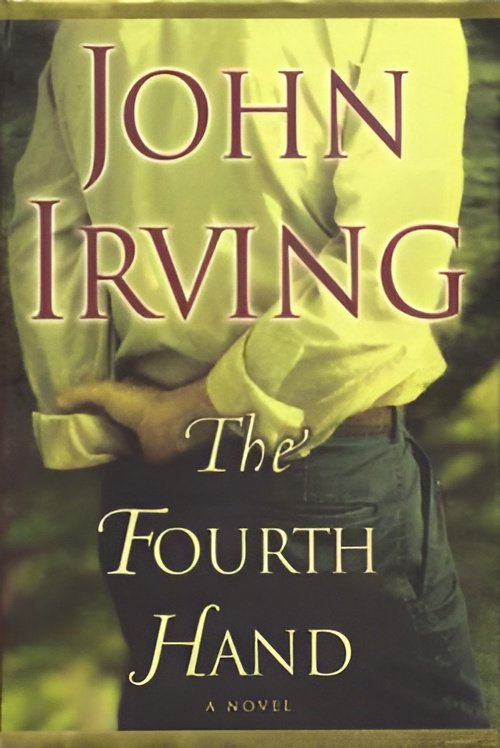
9. The Fourth Hand (2001)
A surreal, witty, and oddly tender story, The Fourth Hand centres on Patrick Wallingford, a television reporter who loses his hand in a bizarre accident and becomes a reluctant celebrity. When a widow offers him her deceased husband’s hand for a transplant, his life takes a strange and transformative turn. Beneath the absurd premise lies a moving exploration of loss, identity, and unexpected redemption. Irving balances satire and sincerity with remarkable ease, proving once again his talent for finding humanity in the most unlikely situations. It’s a lighter, more playful novel that still carries emotional weight.
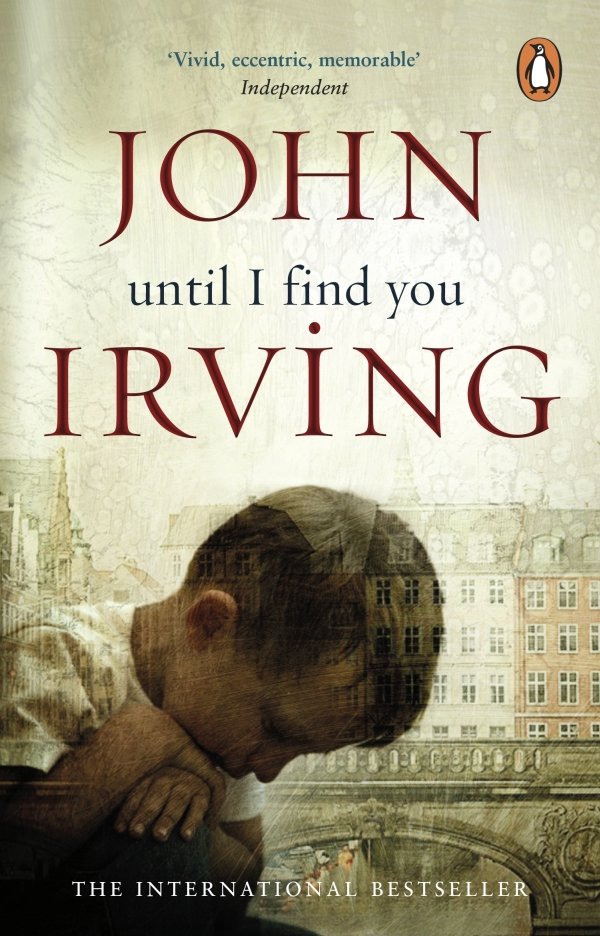
10. Until I Find You (2005)
Sprawling and introspective, Until I Find You follows actor and tattoo enthusiast Jack Burns on a lifelong quest to find his missing father. The novel spans continents and decades, delving into themes of memory, trauma, and self-discovery. Deeply personal and emotionally raw, it is one of Irving’s most ambitious works—at times challenging, but rich in psychological insight. The narrative explores the blurred lines between fact and fiction, childhood and adulthood, loss and reconciliation. While polarising among critics, it showcases Irving’s enduring commitment to emotional truth and his mastery of the grand, humanistic novel form.
All cover images courtesy of individual publishers. Displayed for reference and promotional purposes (fair use).
